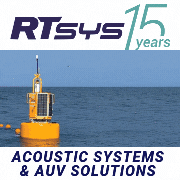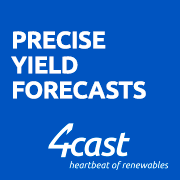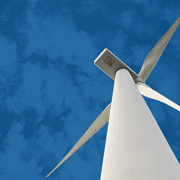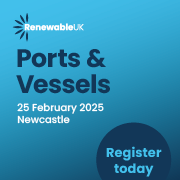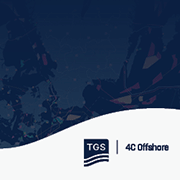Vattenfall has announced it will be constructing the Hollandse Kust Zuid (HKZ) 3 and 4 offshore wind farm on a zero subsidy mechanism; the second project in the Netherlands following Hollandse Kust Zuid (HKZ) 1 and 2. The wind farms will have a combined capacity of approximately 1.5 gigawatts (GW) and will be the first two unsubsidized offshore wind farms globally when commissioned, says GlobalData, a leading data and analytics company.
The subsidy free auction in the Netherlands is expected to make coal based fuels unviable, leading to their closure much before the official ban on them begins in 2030. The closure of these plants should lead to an increase in wholesale prices in the Netherlands, making the operation of the wind power projects profitable even without the aid of subsidies.
Mohit Prasad, Project Manager at GlobalData, comments: “Under the zero subsidy mechanism, the power generated from the offshore wind farm will be sold in the wholesale market instead of a continuous revenue scheme which locks in a fixed income.”
The cost of offshore wind in Europe has been falling and further decline is expected. Some of the leading offshore wind markets in Europe are expected to see fall in their average project cost. According to GlobalData, the UK, which has the maximum offshore wind installation in Europe had an average project cost for an offshore wind farm at $5,152 per kW in 2018. This is expected to decline to $4,787 per kW by 2025.
During the same time period the average project cost for an offshore wind farm in Germany is expected to decline from $4,268 per kW to $3,989 per kW. The Netherlands is expected to witness a much steeper fall with project cost declining from $5,700 per kW in 2018 to $4,250 per kW at the end of 2025. The decrease in project cost is estimated based on the price of wind turbine components and the construction of larger, more efficient turbines.
Prasad adds: “In the future we can expect to see more developers striving for zero subsidy mechanism. For example, The Netherlands was inspired by a similar auction in Germany in April 2017. However, the two auctions were different in regards to timescale; in the former case the developers have until 2024 to start construction, whereas the Dutch developers will have to deliver the projects two years earlier.
“The developers in Germany banked on the possibility that turbine capacities would have increased sufficiently to help them reduce generation costs. They are still hopeful for the project due to the proposed introduction of a carbon fee system by the Government on emissions in 2020, at EUR18/metric ton of CO2 which will rise to EUR35/metric ton in 2030.”
About GlobalData
4,000 of the world’s largest companies, including over 70% of FTSE 100 and 60% of Fortune 100 companies, make more timely and better business decisions thanks to GlobalData’s unique data, expert analysis and innovative solutions, all in one platform. GlobalData’s mission is to help our clients decode the future to be more successful and innovative across a range of industries, including the healthcare, consumer, retail, financial, technology and professional services sectors. PR6268









